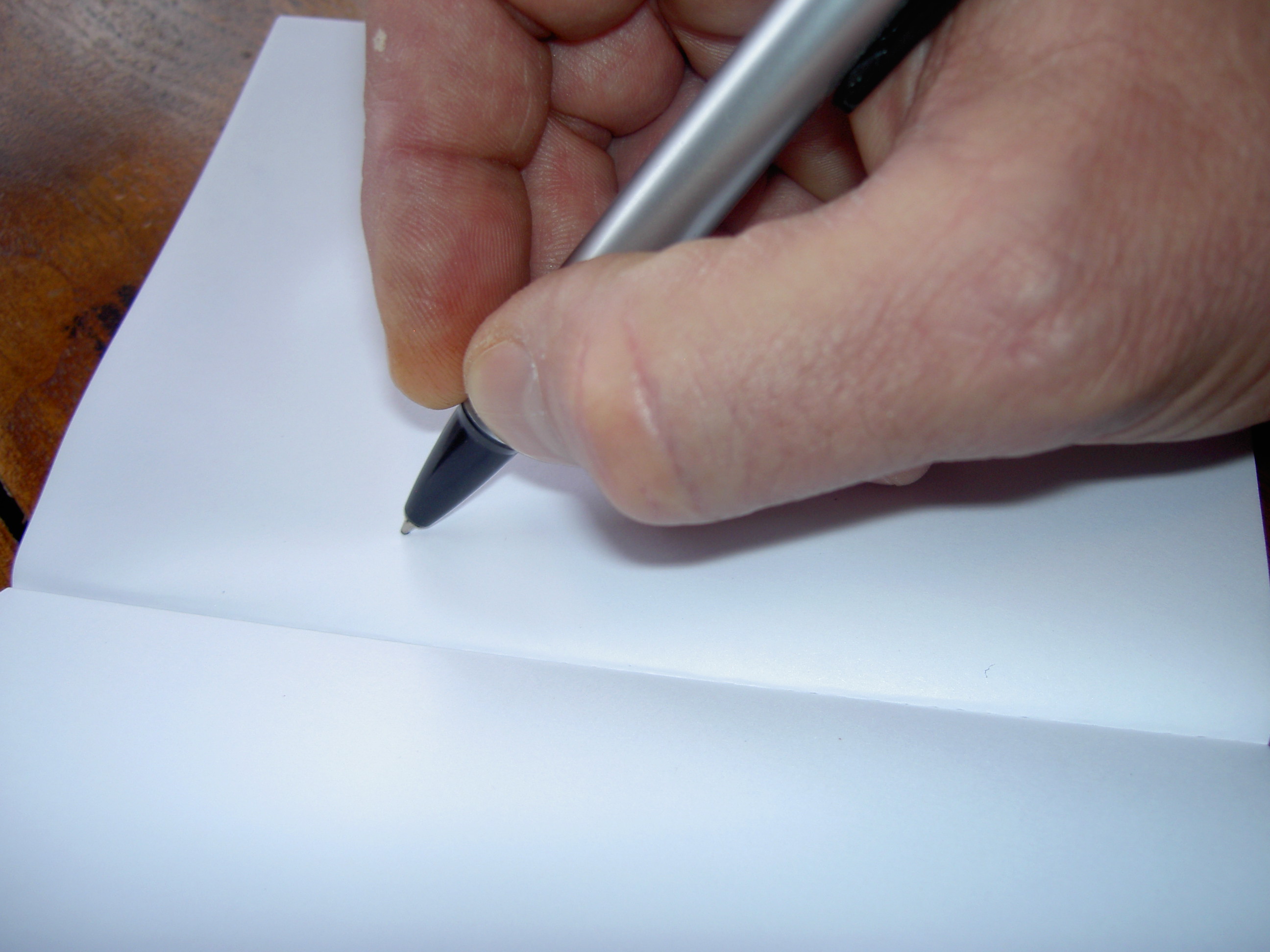Nutrition is a key part of my personal training studio in Ottawa. It’s what I think separates me from a lot of the other trainers out there. Today, I’d like to talk to you about a habit that I know can change the way you live for the better: writing a food journal.
They say that if you want to spend less money and take control of your finances, the best thing you can do is prepare a budget. Budgets help give you an honest look at where you’re spending your money and where opportunities to spend more wisely might exist.
You might have heard similar recommendations in high school English class, under the form of “journalling” exercises. The point was to encourage reflection on your day in order to learn how to express yourself more clearly, using a topic that you knew a lot about.
Learning how to eat right can be taught using the same techniques of recording and measurement in the form of a food journal. It doesn’t have to be complicated, and in this two part series I’m going to show you how to get started and talk to you about why it’s such an important habit for your overall fitness.
What to Include in Your Food Journal
A food journal doesn’t have to be complicated or particularly elaborate. It can be as simple as this:
Wednesday – 7:15 AM
30 grams protein powder
1 banana
½ cup frozen cherries
½ cup spinach
300 ml almond milk
Wednesday 9:34 AM
1 cup water
1 pouch green tea
And so on.
There are a few things you want to keep in mind though to make sure you’re getting the most out of the exercise.
A Detailed Food Journal is Better than a Vague One
You could say:
Thursday Noon
– Ham sandwhich
– Diet Soda
Or you could write
Thursday – 12:21 PM
– Two slices whole grain bread
– 1 slice black forest ham
– 1 teaspoon dijon mustard
– 1 leaf lettuce
– 2 slices tomato
– 350 ml Diet Coke
The second entry is so much more useful to recording and tracking your eating habits.
Write Down Everything
Why does the level of detail in your food journal matter? Because it’s critical to identifying eating trends, such as:
– What times do you slip up? When you skipped breakfast or your morning tea?
– When do you feel the best? What does your diet look like when you’re eating well?
– What foods are actual triggers for undesirable behaviour? Is there a food that you don’t realize is harming you?
Whether you’re drinking water or eating a three course meal, it’s critical that you track your food intake in a food journal for at least a few weeks as you progress along your fitness journey. In my next article I talk more about why recording what you eat is important.

